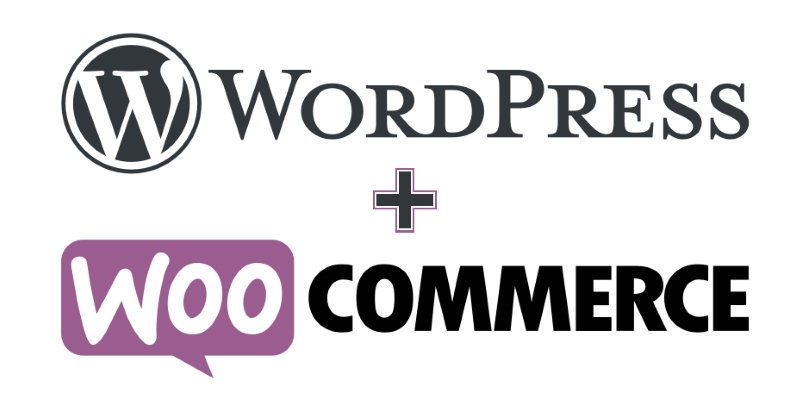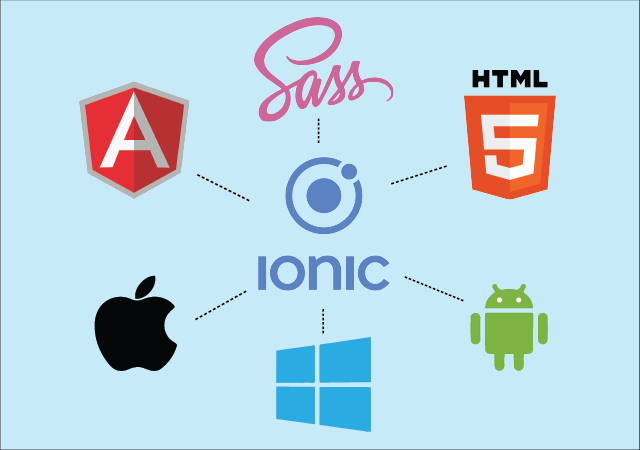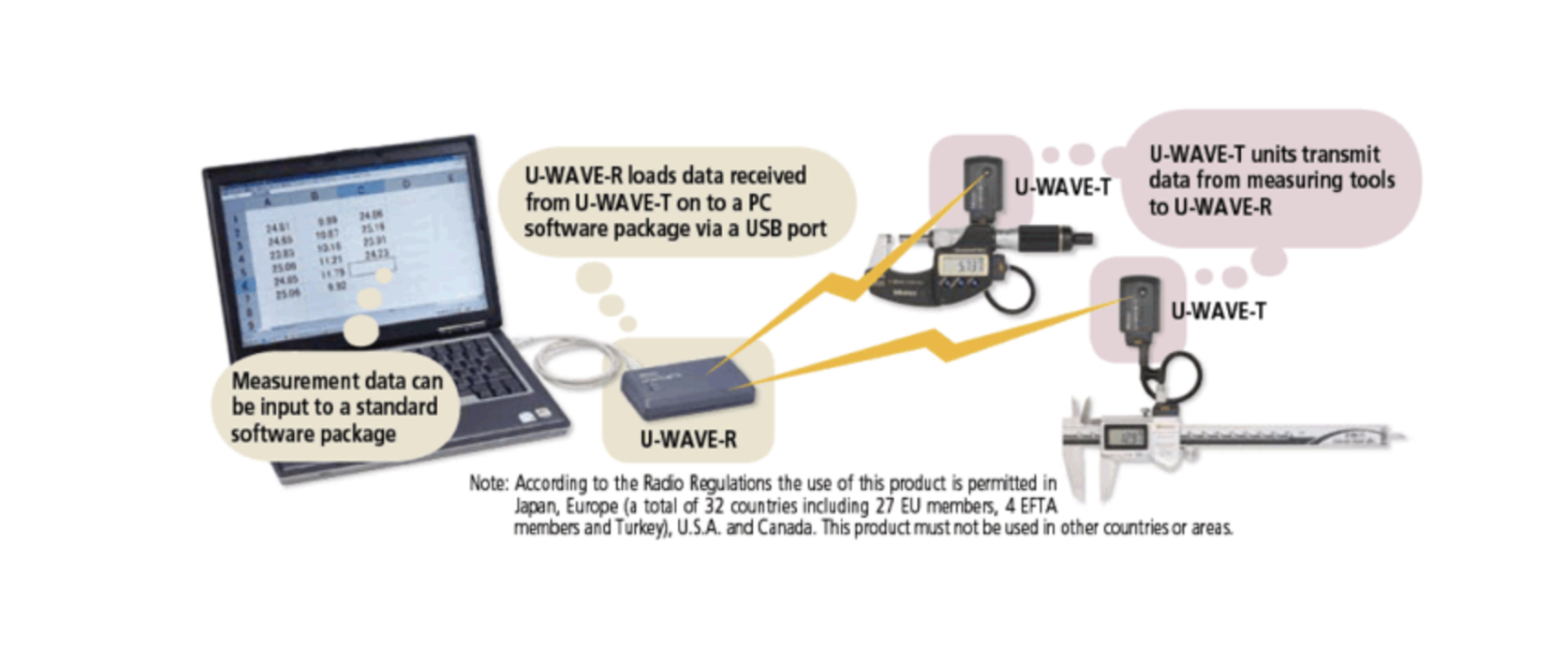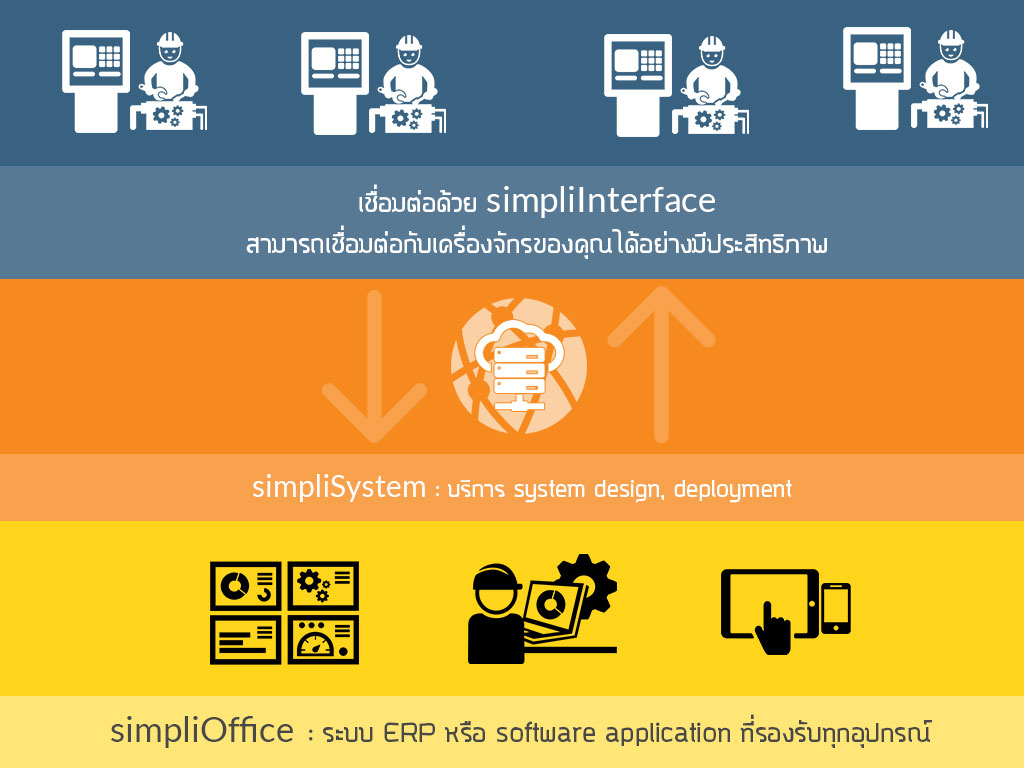Is ERP Suitable for Small and Medium-Sized Businesses (SMBs)?
When most people think about Enterprise Resource Planning (ERP) systems, they often associate them with large corporations managing complex operations. However, in today’s rapidly evolving business environment, ERP systems are no longer just for big enterprises. Small and medium-sized businesses (SMBs) are increasingly adopting ERP systems to streamline processes, improve efficiency, and scale effectively.
But the question remains: Is ERP really suitable for SMBs? The answer is a resounding yes! Here’s why.
1. Tailored Solutions for SMBs
Modern ERP systems are highly modular and scalable, making them suitable for businesses of all sizes. For SMBs:
- Start Small, Scale Later: You can begin with the essential modules like accounting, inventory, or sales and add more as your business grows.
- Cloud-Based Options: Many ERP systems offer affordable, cloud-based solutions with lower upfront costs, eliminating the need for expensive hardware.
Example:
A small retail business can start with inventory and point-of-sale (POS) modules and later integrate CRM and e-commerce as the business expands.
2. Efficiency and Automation
SMBs often face resource constraints and manual workflows that consume time and money. ERP systems provide:
- Automation: Automate repetitive tasks like invoicing, order processing, and inventory tracking.
- Centralized Data: Replace disconnected spreadsheets and systems with a unified platform, reducing errors and improving data accuracy.
Example:
A medium-sized manufacturing company can use an ERP system to track raw material usage, automate reordering, and generate real-time production reports.
3. Cost-Effectiveness
While ERP systems were once prohibitively expensive for SMBs, advancements in technology have made them more affordable. Key factors include:
- Lower Initial Costs: Cloud-based ERPs reduce upfront investment in hardware and IT infrastructure.
- Improved ROI: The cost savings from increased efficiency, reduced errors, and better decision-making often outweigh the implementation costs.
Example:
A small consultancy firm can reduce administrative overhead by using ERP to automate project management and financial reporting.
4. Improved Decision-Making
For SMBs, every decision counts. ERP systems provide:
- Real-Time Insights: Access accurate, real-time data to make informed decisions.
- Integrated Reporting: Consolidate financial, operational, and customer data into comprehensive reports.
Example:
A growing wholesale distributor can use ERP analytics to identify the most profitable products and optimize inventory levels.
5. Enhanced Customer Experience
SMBs can compete with larger businesses by offering exceptional customer experiences. ERP systems help by:
- Personalized Service: Integrate CRM tools to manage customer interactions and preferences.
- Faster Response Times: Streamline order processing and improve delivery accuracy.
Example:
An SMB in the e-commerce space can use ERP to track orders, manage customer inquiries, and ensure timely shipping.
6. Adaptability and Growth
SMBs often face rapid changes in market demand and competition. ERP systems provide the flexibility needed to:
- Support Growth: Scale up by adding users, modules, or even new business units.
- Adapt to Change: Quickly respond to changes in regulations, market conditions, or customer preferences.
Example:
A medium-sized export company can expand into international markets by leveraging ERP for multi-currency transactions and compliance reporting.
7. Overcoming Common SMB Concerns
Despite the benefits, some SMBs hesitate to adopt ERP systems due to perceived challenges:
- Cost: Cloud-based ERP solutions and subscription models make ERP affordable.
- Complexity: Modern ERP interfaces are user-friendly and designed with SMBs in mind.
- Implementation Time: With proper planning and an experienced partner, SMBs can implement ERP systems in weeks, not months.
Final Thoughts: Why ERP Is a Smart Choice for SMBs
ERP systems are no longer a luxury exclusive to large enterprises. For SMBs, they have become an essential tool to stay competitive in an increasingly complex business environment. By automating processes, providing real-time insights, and offering scalability, ERP systems enable SMBs to operate more efficiently and grow with confidence.
If you’re an SMB considering ERP, start by assessing your business needs and exploring solutions tailored for smaller operations. With the right ERP system, your business can unlock its full potential and thrive in today’s dynamic marketplace.
Ready to transform your SMB with ERP? Contact us today to learn more or schedule a demo!
Get in Touch with us
Related Posts
- AI取代人类的迷思:为什么2026年的企业仍然需要工程师与真正的软件系统
- The AI Replacement Myth: Why Enterprises Still Need Human Engineers and Real Software in 2026
- NSM vs AV vs IPS vs IDS vs EDR:你的企业安全体系还缺少什么?
- NSM vs AV vs IPS vs IDS vs EDR: What Your Security Architecture Is Probably Missing
- AI驱动的 Network Security Monitoring(NSM)
- AI-Powered Network Security Monitoring (NSM)
- 使用开源 + AI 构建企业级系统
- How to Build an Enterprise System Using Open-Source + AI
- AI会在2026年取代软件开发公司吗?企业管理层必须知道的真相
- Will AI Replace Software Development Agencies in 2026? The Brutal Truth for Enterprise Leaders
- 使用开源 + AI 构建企业级系统(2026 实战指南)
- How to Build an Enterprise System Using Open-Source + AI (2026 Practical Guide)
- AI赋能的软件开发 —— 为业务而生,而不仅仅是写代码
- AI-Powered Software Development — Built for Business, Not Just Code
- Agentic Commerce:自主化采购系统的未来(2026 年完整指南)
- Agentic Commerce: The Future of Autonomous Buying Systems (Complete 2026 Guide)
- 如何在现代 SOC 中构建 Automated Decision Logic(基于 Shuffle + SOC Integrator)
- How to Build Automated Decision Logic in a Modern SOC (Using Shuffle + SOC Integrator)
- 为什么我们选择设计 SOC Integrator,而不是直接进行 Tool-to-Tool 集成
- Why We Designed a SOC Integrator Instead of Direct Tool-to-Tool Connections














